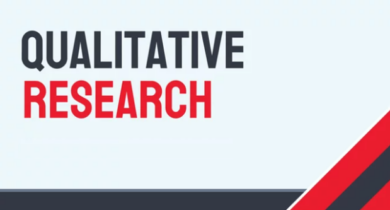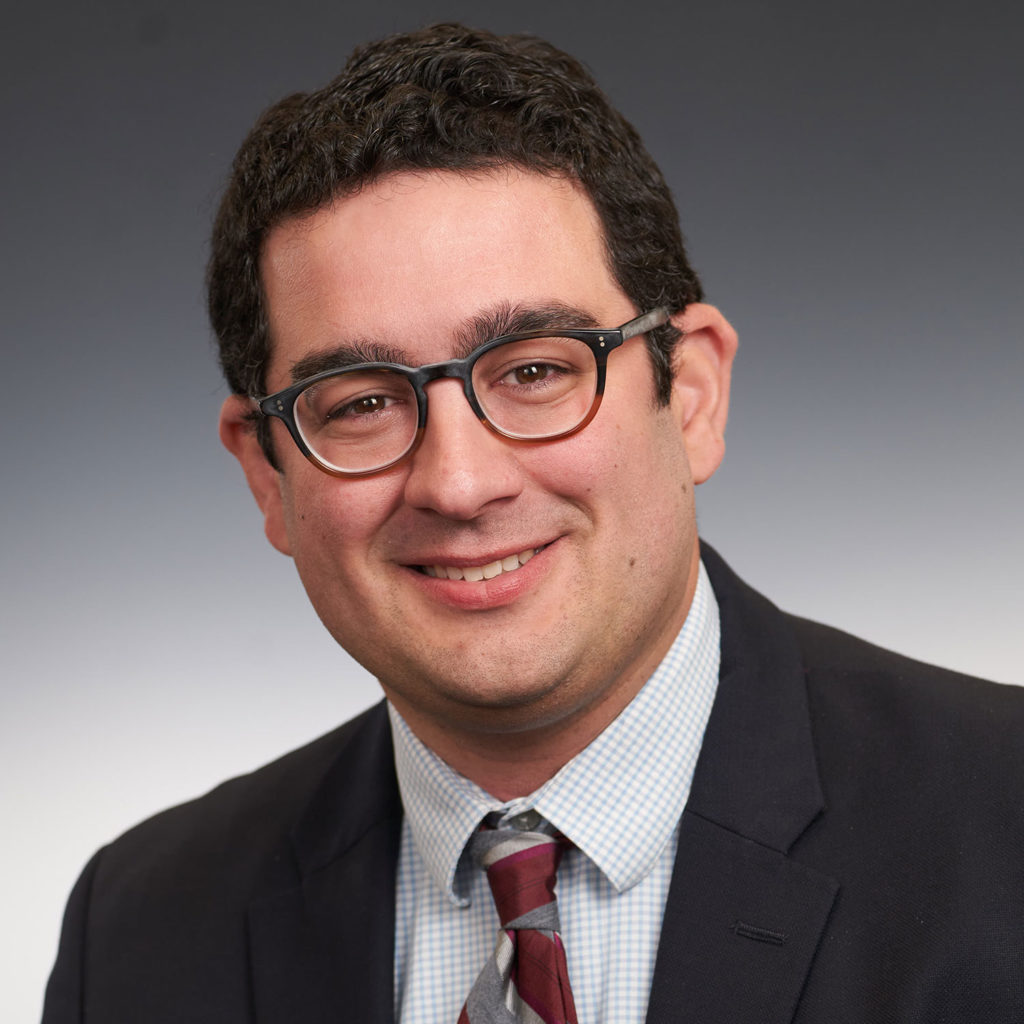Lessons from the Field: How to Conduct an In-Depth Interview

Article by Patrick Fiorenza, RMS Director of Research Analytics –
One of the biggest “ah ha” moments for me as a researcher took place when I was sitting in a course about qualitative research. At that time in my career – I had already completed thousands of qualitative interviews, led focus groups, moderated sessions – it occurred to me that I had zero formal training on how to conduct an interview. I was blown away by this! I asked my colleagues and heard a similar story. I looked at old syllabuses and there was nothing – the focus was always on either the development of interview scripts or the analysis of qualitative research (coding procedures, methods, frameworks).
I have always enjoyed conducting qualitative research. I thought it would be beneficial to share a few tips I have learned along the way on conducting research interviews. Share yours in a comment!
-
Listen more than you speak
Early on in my career, as I would listen back to my interview recordings, I found that I talked a lot during interviews. I noticed that the language I was using often didn’t leave open space for the interviewee. Over time, I learned to use better phrasing and pausing so the interviewee knew I was engaged and listening intently. As they say in the musical, Hamilton, “talk less, smile more, don’t let them know what you are against or for.”
-
Be curious about absolutely everything
As I mentioned earlier, when I started doing qualitative research, I was quite chatty. Thinking back on it, the chattiness was due, in part, to my limited experience in the content areas and more likely due to nerves. It’s a bad mix if not managed. Over time I learned to shift my nervousness to curiosity and use the simple phrase of “tell me more.” Since most researchers are naturally curious, this should be an easy technique to implement. The trick is to fine-tune it toward your style. Some people like to use reflective listening techniques, others like to play devils advocate, or just use affirmative statements to dive deeper (i.e., “What you said about X is interesting. Could elaborate to help me understand further?”).
-
Know your script inside and out, but be ready to go off script
I try to memorize my interview script and questions. This is not because I plan to read them verbatim (sometimes your study may require this!), but because I know that I may need to jump around and not read everything sequentially. If you are new at qualitative interviewing, I suggest you stick to your script for a while and order your questions. Once you get some good experience with interviewing, you might feel comfortable jumping around. Ideally, you want to feel like you are having a conversation with the individual and not reading a script. The more interviews you do, the more natural this will become.
-
Recording is your friend
There are mixed opinions regarding whether you should record an interview. With permission from the interviewee, I always try to record. For me, it takes the pressure off note taking. When you do record, here is an important tip: if you hear a powerful quote or something important, make sure you jot down the time stamp. In my note taking, I try to occasionally write down the time so I can quickly get to that part of a recording. Which leads me to the next tip…
-
Develop a notetaking system
Nobody on the planet—except me—would ever understand the notes I take during an interview. I write in the margin the question number and time stamps. I draw boxes around key comments and sometimes put words like “WOW” in all caps or “more here,” if there’s a comment I want to return to or hear more about. Sometimes you’ll find it’s best to ask a follow-up question later in the interview, so your notetaking is a good way to flag reminders to yourself. Taking notes, listening, and speaking all at once is not an easy task but, over time, you’ll hone your interviewing skills.
-
Build a relationship
You want people to feel comfortable and provide you with open and honest communication. Some easy ways to get to this are to prepare the interviewee appropriately by sending over any materials that you can early, describing how the interview will run (types of questions), and asking up front if they have any questions or concerns. Finally, don’t be late for the interview. Treat them exactly how you would want to be treated if you were being interviewed.
-
Remember that analysis procedures have already started
You cannot separate the interviewer from the analysis. We all bring perceptions, biases, and opinions to research. There are some interesting techniques to mitigate this in qualitative research (bracketing is one), and I recommend that you incorporate them into any study. Some techniques involve doing a lot of self-reflection to understand yourself better and how your experiences may impact the research.
-
Be aware of power dynamics
Race, gender, socio-economic status—they all come into play during an interview. I’ve learned the hard way that, even though I designed and organized a study, I may not be the best person to conduct or administer the research. In some cases, the solution may be for you to have someone else conduct the interview. You’ll get richer data by stepping aside. All of these are part of the planning and analysis procedures that should be worked out early on.
-
Practice and pilot test
One easy practice tip is to just read your questions out loud to a colleague or friend. They may give you some good insights on how to fix or reframe a question. Clearly, it’s better to work through issues in a test environment than during an interview. Also, if you are working with a team, this is a great step to make sure you are all asking the questions consistently. If there’s a question with a lot of prompts, or technical language that needs clarification, working together is a great way for developing consistency in the research and providing clear, concise questions during the interview.
These are just a few strategies I have implemented during interviews. At RMS, we have conducted in-depth interviews across a wide variety of industries and stakeholders. With two decades of experience, we know how to ask the right questions, listen to client needs, and solve problems for organizations. RMS will bring efficient research and more credible findings to your organization. Please reach out to Sandy Baker, Vice President of Corporate Development for more information on our qualitative services.
Relational RMS Blogs:
Recruiting the Right Participants for Your Focus Groups: Best Practices
The Key to a Successful Program Evaluation: Developing Your Logic Model – Part 1 of 2
Satisfaction Surveys for the Win
About the Author – Patrick Fiorenza

Patrick brings years of market research experience to the RMS Research Analytics team. His preliminary focus encompasses designing, implementing, gathering, and analyzing results from proven research methods created to obtain credible data to help guide decision-making across a variety of industries.
It’s good to know. We’re here for you.
Call us today, to see how we can help your organization.
Interested in conducting a market research project with RMS?
Contact our Vice President of Corporate Development, Sandy Baker at [email protected] or call 1-866-567-5422.
About RMS
Research & Marketing Strategies, Inc. (RMS) is a full-service market research firm in Central New York. Formed in 2002, RMS helps organizations that are looking to know more about their customers and/or potential customers. They conduct surveys, focus groups, mystery shopping, studies and analysis. Each project is customized and gets personal attention by the best in the business. RMS has a reputation for getting results and offers an independent means to conduct telephone, on-line and mail surveying, In-depth interviews, intercept interviews, and participant recruitment as well as focus group hosting through QualiSight, its onsite call center and focus group facility. Taking advantage of the region’s reputation for being a great market study barometer, RMS recruits and moderates for focus groups, community forums and town meetings.